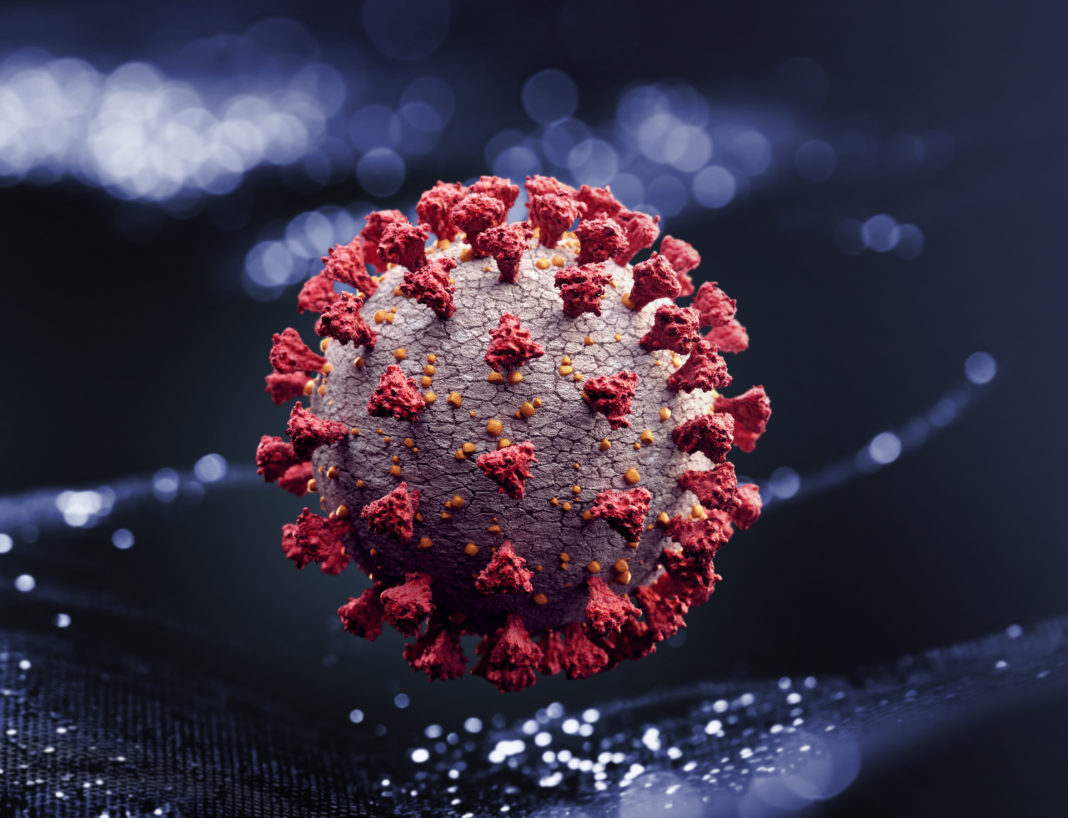Oragenics acknowledged today that the Biomedical Advanced Research and Development Authority (BARDA) has rejected the company’s request to enter into talks to fund its COVID-19 vaccine candidate Terra CoV-2 through Operation Warp Speed.
“While BARDA noted the company’s submission aligned with its mission, a combination of factors, including availability of funds, precluded the agency from entering into negotiations at this time,” Oragenics said in a statement.
Operation Warp Speed is the program by which President Donald Trump’s administration has committed up to a combined more than $11 billion to developers of seven COVID-19 vaccine candidates to date toward R&D, manufacturing, and distribution of their vaccines. The program aims to deliver 300 million vaccine doses protecting against SARS-CoV-2 by January 2021 by awarding funds and coordinating the development of vaccines, drugs, and diagnostics across agencies of the Departments of Defense (DoD) and Health and Human Services (HHS)—the latter agency including BARDA, the Centers for Disease Control and Prevention (CDC), the FDA, and the NIH.
TerraCoV2 is based on CoV-2 S-2P, a stabilized pre-fusion spike protein created by the NIH. The agency in March issued a worldwide, nonexclusive intellectual property license for the protein to Oragenics’ wholly-owned subsidiary Noachis Terra.
“Although we are disappointed with BARDA’s funding decision, we will continue to pursue other sources of non-dilutive funding of grants and corporate partnerships, and possibly equity capital to advance development of our promising vaccine,” Oragenics president and CEO Alan Joslyn, PhD, stated.
In a regulatory filing, Oragenics said it would pursue another source of potential funding: “The company intends to continue to seek funding through other sources, including but not limited to, contracts and grants from various federal government agencies.”
Terra CoV-2 is ranked Too Soon to Tell in GEN’s updated COVID-19 Drug & Vaccine Tracker, which includes more than 300 candidates against SARS-CoV-2.
Investors sent shares of Oragenics’ “nano cap” stock—denoting companies with market capitalizations of under $50 million—tumbling 12%, to 56 cents a share from 63 cents a share, on Monday during trading, then down an additional 2 cents or 3%, to 54 cents a share.
A matter of timing?
Joslyn suggested that BARDA’s thumbs-down may have simply been a question of timing, as the current federal fiscal year ends on Wednesday: “We believe that additional government funds could be made available during the federal government’s new fiscal year, which begins on October 1, that we can pursue for development of Terra CoV-2.”
However, Congress has yet to pass a budget for the upcoming fiscal year 2021. The U.S. House of Representatives last week passed a bipartisan continuing resolution to extend federal government funding through December 11, on a 359-57 vote, but the measure has yet to be taken up by the U.S. Senate.
Joslyn said BARDA has told Oragenics that it continues to evaluate vaccine candidates for assistance through Operation Warp Speed, and that promising candidates may be partnered instead with the DoD’s Joint Program Executive Office for Chemical, Biological, Radiological and Nuclear Defense (JPEO-CBRND).
“We remain committed to our Terra CoV-2 vaccine candidate and expect to continue development through to the completion of a Phase I clinical trial,” Joslyn said.
To that end, he added, Oragenics has completed analytical method feasibility and qualification activities with its contract manufacturer, and has advanced the creation of its research cell bank.
Oragenics said on August 20 that it entered into a process development and drug substance manufacturing agreement of undisclosed value with Avid Bioservices, through which Avid agreed to provide Oragenics with analytical method development, process development, and drug substance manufacturing services to support development of Terra CoV-2. Avid’s manufacturing infrastructure includes three 2000 L single-use bioreactors and “considerable” space for expansion.
A month earlier, Oragenics said CoV-2 S-2P generated neutralizing antibodies in mice during immunization against SARS-CoV-2 in an NIH preclinical study, and was successfully inserted into Chinese Hamster Cells, as part of work being conducted with contract research organization Aragen Bioscience.
Oragenics has said it aims to advance Terra CoV-2 into human clinical trials by early 2021.



